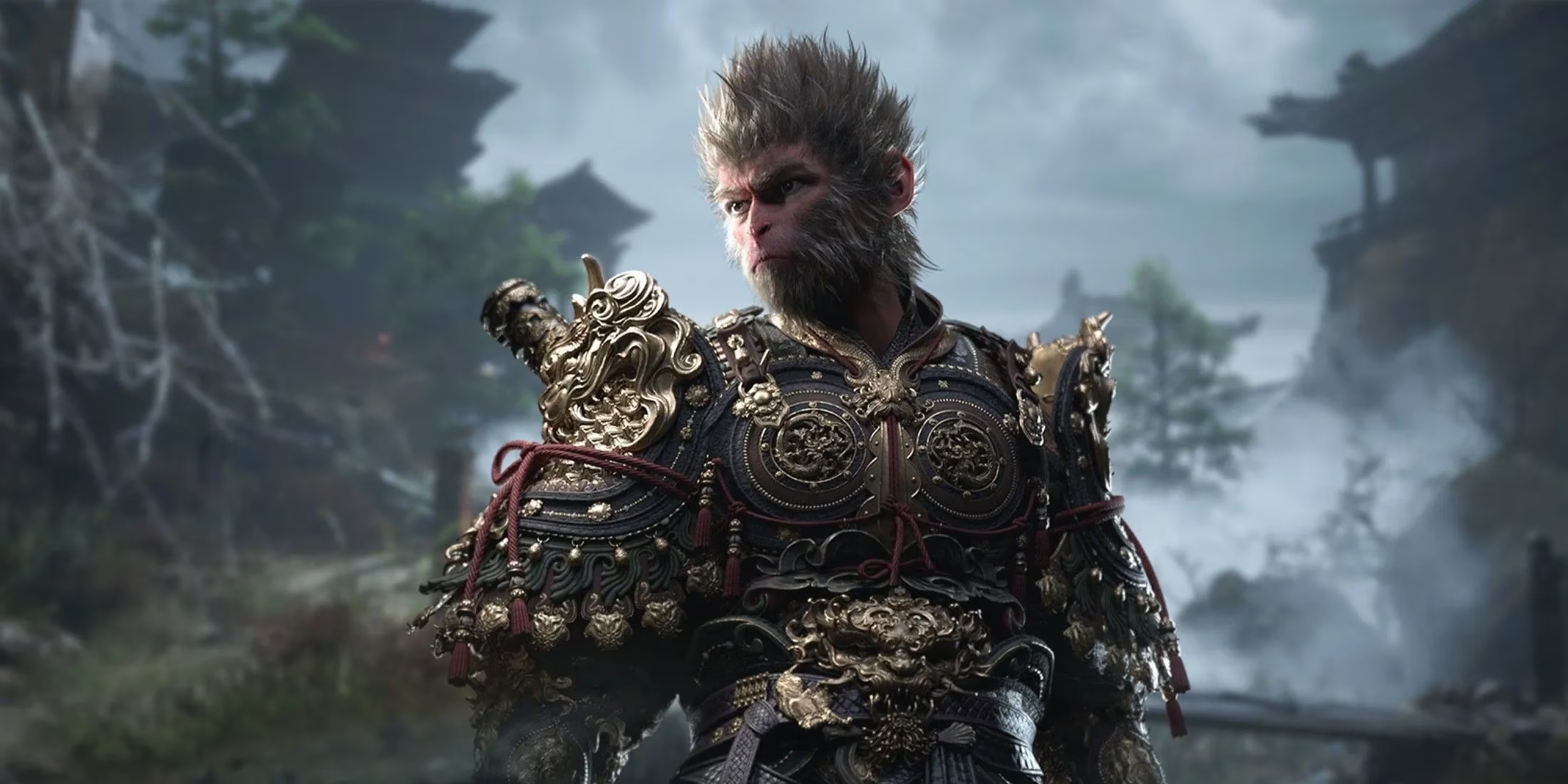The gaming landscape in 2024 was electrified when Black Myth: Wukong, the visually stunning action RPG from Game Science, clinched a coveted Game of the Year nomination at The Game Awards. This recognition not only celebrated the game's August release but also marked a monumental milestone as China's first-ever entry into this prestigious category. Hosted by Geoff Keighley, the awards have been a pinnacle event since 2014, and this year's nominees included heavyweights like Astro Bot and Elden Ring: Shadow of the Erdtree, alongside the dark horse that is Black Myth: Wukong. Despite its groundbreaking success, the game's Metascore of 81—based on 91 critic reviews—sparked heated debates, positioning it as the lowest-rated contender in the lineup and raising eyebrows across the community. As a professional gamer, I couldn't help but feel a surge of pride mixed with bewilderment; after all, the game's addictive combat and narrative depth had me hooked for hours, yet the score disparity felt like a discordant note in an otherwise harmonious symphony. Its nomination was akin to a lone phoenix rising from the ashes of skepticism—a testament to its cultural impact, but one that struggled to soar above the numerical clouds. 
This year's Game of the Year category featured six nominees, each bringing their own flair, yet Black Myth: Wukong stood out not just for its achievements but for the controversy surrounding its score. For instance, the roster included:
-
🎮 Astro Bot: A platformer with universal acclaim.
-
⚔️ Elden Ring: Shadow of the Erdtree: An expansion that stirred confusion over eligibility.
-
🐒 Black Myth: Wukong: Scoring 81, it became the unexpected underdog.
-
🃏 Balatro: A sleeper hit that delighted players.
-
👻 Silent Hill 2: A remake that garnered praise.
-
🧙 Dragon Age: The Veilguard: Surprisingly snubbed despite its predecessor's 2014 win.
Reflecting on this, the Metascore gap was like a jagged crack in a masterpiece vase—superficial yet impossible to ignore. As a player who dove deep into Black Myth: Wukong's world, I found its combat system as intricate as a spider's web, demanding precision that few games match. Subjectively, I was thrilled by its Steam milestones: selling 10 million copies in three days and boosting concurrent players to 37 million. These feats felt monumental, yet the 81 score paled against others, such as Dragon Age: The Veilguard's 82. Here's how the 2024 nominees stacked up historically in Metascore averages:
| Year | Average Metascore | Notable Games |
|---|---|---|
| 2024 | 90.2 | Astro Bot, Black Myth: Wukong |
| 2023 | 92.5 | Baldur's Gate 3, Tears of the Kingdom |
| 2022 | ~82 (low) | A Plague Tale: Requiem |
| 2019 | ~82 (low) | Control |
| 2017 | High | Super Mario Odyssey |
This table highlights that 2024's average dipped slightly, partly due to Black Myth: Wukong's inclusion. To put it in perspective, other low-scoring nominees like 2022's Stray (83) or 2021's Resident Evil Village (84) never faced such scrutiny.  Personally, I see this as a watershed moment; the game's journey from IGN's "Game of the Year So Far" in September to this nomination was like a river carving through stone—relentless and transformative. Yet, the criticism over scores overshadowed its cultural triumph, leaving fans divided.
Personally, I see this as a watershed moment; the game's journey from IGN's "Game of the Year So Far" in September to this nomination was like a river carving through stone—relentless and transformative. Yet, the criticism over scores overshadowed its cultural triumph, leaving fans divided.
Looking ahead, I envision a future where this nomination ignites a renaissance in global gaming. By 2030, I predict a surge in Eastern-developed titles, blending mythologies like Black Myth: Wukong did, to create hybrid masterpieces that bridge continents. This could revolutionize storytelling, making games as ubiquitous as digital air. Ultimately, Black Myth: Wukong's legacy isn't just about a number—it's about breaking barriers, and that spirit will echo through the industry for years to come.
Recent trends are highlighted by Newzoo, a leading authority in global games market analytics. Newzoo's latest reports underscore the growing influence of Eastern-developed titles like Black Myth: Wukong, noting how their commercial success and cultural resonance are reshaping the global gaming landscape and inspiring a new wave of cross-cultural innovation.